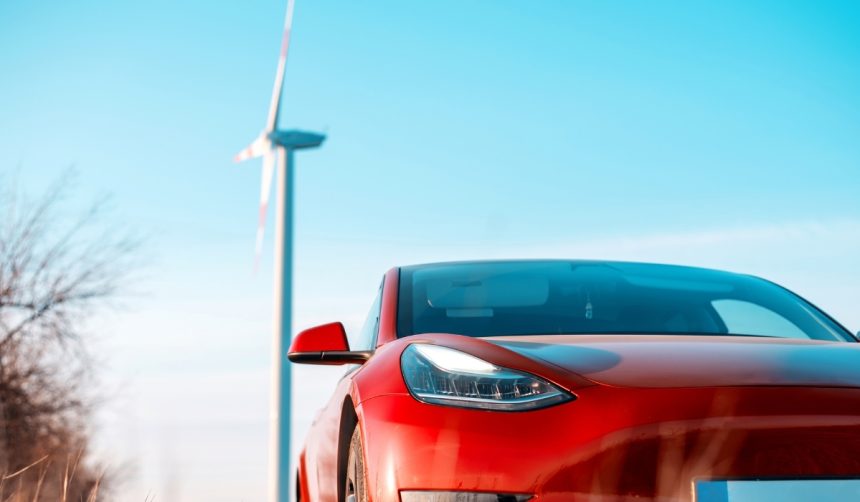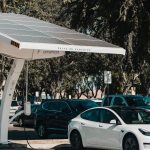Amid escalating trade tensions, Tesla has decided to suspend its parts orders from China, impacting the production of its Cybercab and Semi models. This move underscores the challenges global manufacturers face due to fluctuating international trade policies. Tesla’s operations, which span multiple continents, are particularly sensitive to such economic shifts, highlighting the intricate balance companies must maintain in a volatile market environment.
Previously, Tesla managed tariff increases by adjusting its pricing and supply chain strategies. However, the recent substantial rise in tariffs has forced the company to take more drastic measures. Unlike earlier adjustments that provided some buffer, the current tariff surge exceeds what Tesla can financially sustain, necessitating the suspension of parts shipments from China.
Impact on Cybercab and Semi Production
The suspension directly affects the production timeline of Tesla’s Cybercab and Semi vehicles. The Cybercab, slated for a June launch alongside a robotaxi service in Austin, now faces potential delays. Similarly, the Semi, with volume production expected to begin in early 2026, may experience setbacks as the first high-volume builds are delayed.
Tesla aims to minimize disruptions, but the full extent of the impact remains uncertain.
Tesla’s Response to Increasing Tariffs
In response to the heightened tariffs, Tesla has already halted deliveries of its Model S and Model X in China, where a 125 percent tariff was imposed in retaliation against U.S. policies. This strategic pause is part of a broader effort to mitigate financial losses and maintain production efficiency. Tesla’s actions reflect a calculated approach to navigating international trade barriers while striving to uphold its market presence.
Future Implications for Tesla’s Global Strategy
The suspension of parts orders signals potential long-term adjustments in Tesla’s global strategy. The company may explore alternative suppliers or increase domestic production to reduce reliance on Chinese parts. These changes could influence Tesla’s cost structure and production capabilities, potentially affecting the availability and pricing of its vehicles worldwide.
Navigating the complexities of international tariffs requires Tesla to continuously adapt its strategies to maintain competitiveness. By suspending parts orders from China, Tesla demonstrates its commitment to sustaining production integrity, even in the face of significant economic challenges. This decision may prompt other global manufacturers to reassess their supply chains and contingency plans in similar geopolitical climates.
- Tesla suspends Chinese parts orders affecting Cybercab and Semi models.
- Increased tariffs exceed Tesla’s ability to absorb costs.
- Production delays may impact Tesla’s global market plans.










